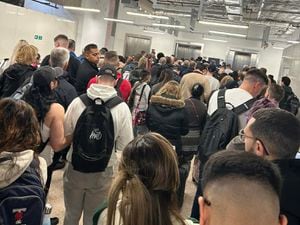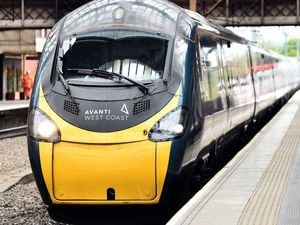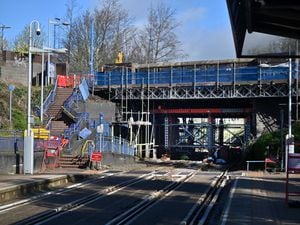Birmingham to host trial of 'driverless' cars
Birmingham is hosting the UK's next phase of 'driverless' vehicle trials on public roads.

Project Endeavour is helping accelerate and scale the adoption of autonomous vehicle services.
The second city will see a fleet of specially adapted 'driverless' Ford Mondeos operating across a five-mile area in varied traffic and weather conditions.
The government-backed mobility research project's Birmingham trials follow a successful deployment in Oxford and the project will culminate with a final demonstration at a showcase event in Greenwich in August.
The four Ford cars are fitted with LiDAR, radar and stereo cameras and integrated with Oxbotica’s autonomy software platform.
The fleet, capable of 'Level 4 autonomous driving', will operate in an area around Lea Hall station, between Birmingham International Airport and the city centre. During the trials, a professionally-trained safety driver will be in the vehicle, capable of resuming control if necessary.
Level 4 vehicles can operate in self-driving mode but until legislation and infrastructure evolves, they can only do so within a limited area.
Enthusiasm
Trials will run throughout the day for several weeks on routes including roundabouts, traffic lights, and junctions in both industrial and residential areas
Dr Graeme Smith, senior vice president at Oxbotica and director of Project Endeavour, said: “Project Endeavour is a one-of-a-kind research project that is allowing us to learn about the challenges of deploying autonomous vehicles in multiple cities across the UK – a key part of being able to deploy services safely and at scale.
"This stage of the mobility project is a new step for us, as Birmingham hosts our fleet of autonomous vehicles for the first time in real-life environments, and there has been a huge amount of enthusiasm from the local authority in the UK’s second largest city ahead of the deployment.
"So far, Project Endeavour has been a real collaborative effort, bringing everyone into the discussion: from local authorities, to road safety groups, transport providers, and, most importantly, the general public.”
As part of the deployment, Birmingham City Council is keen to understand the impact that autonomous vehicle services could have on areas with limited connectivity, and how improving access to employment hubs could boost job opportunities and reduce private vehicle use.





